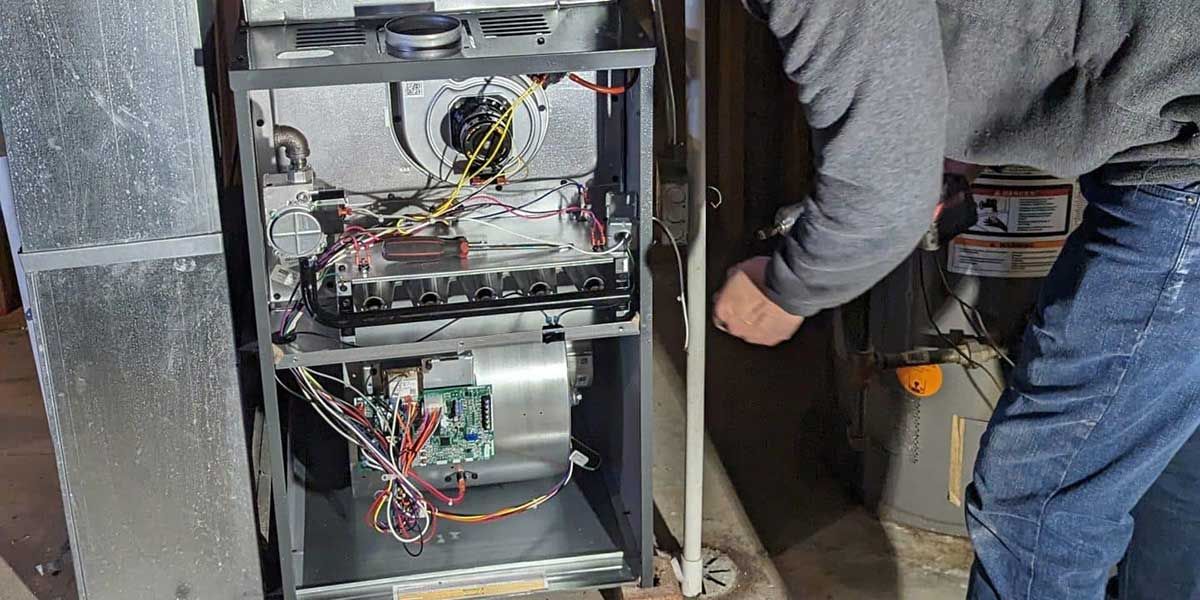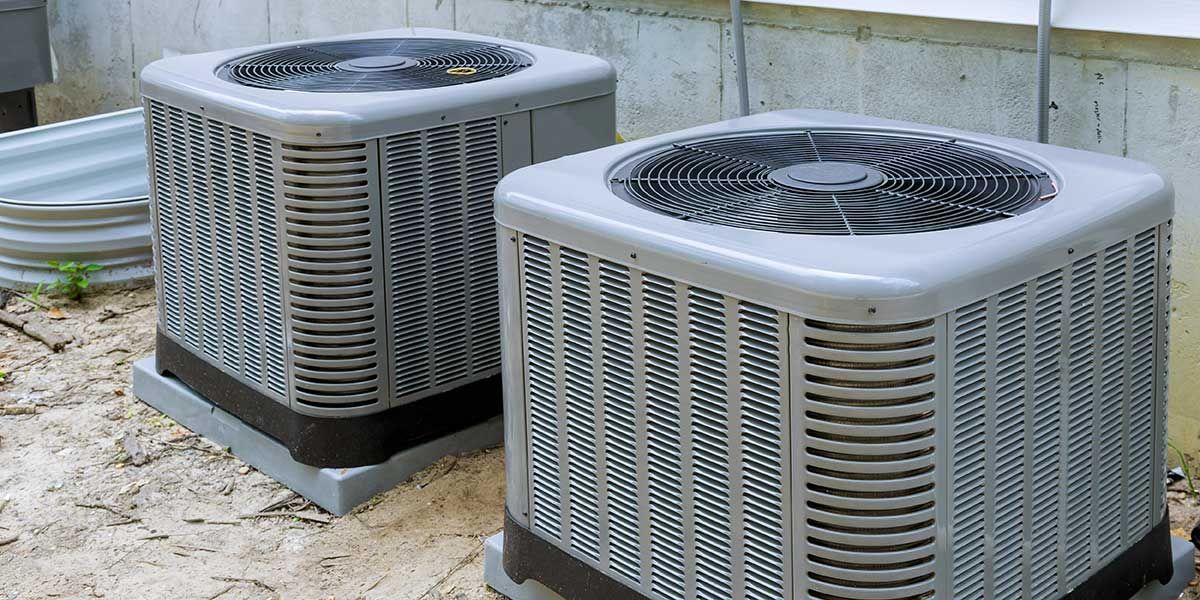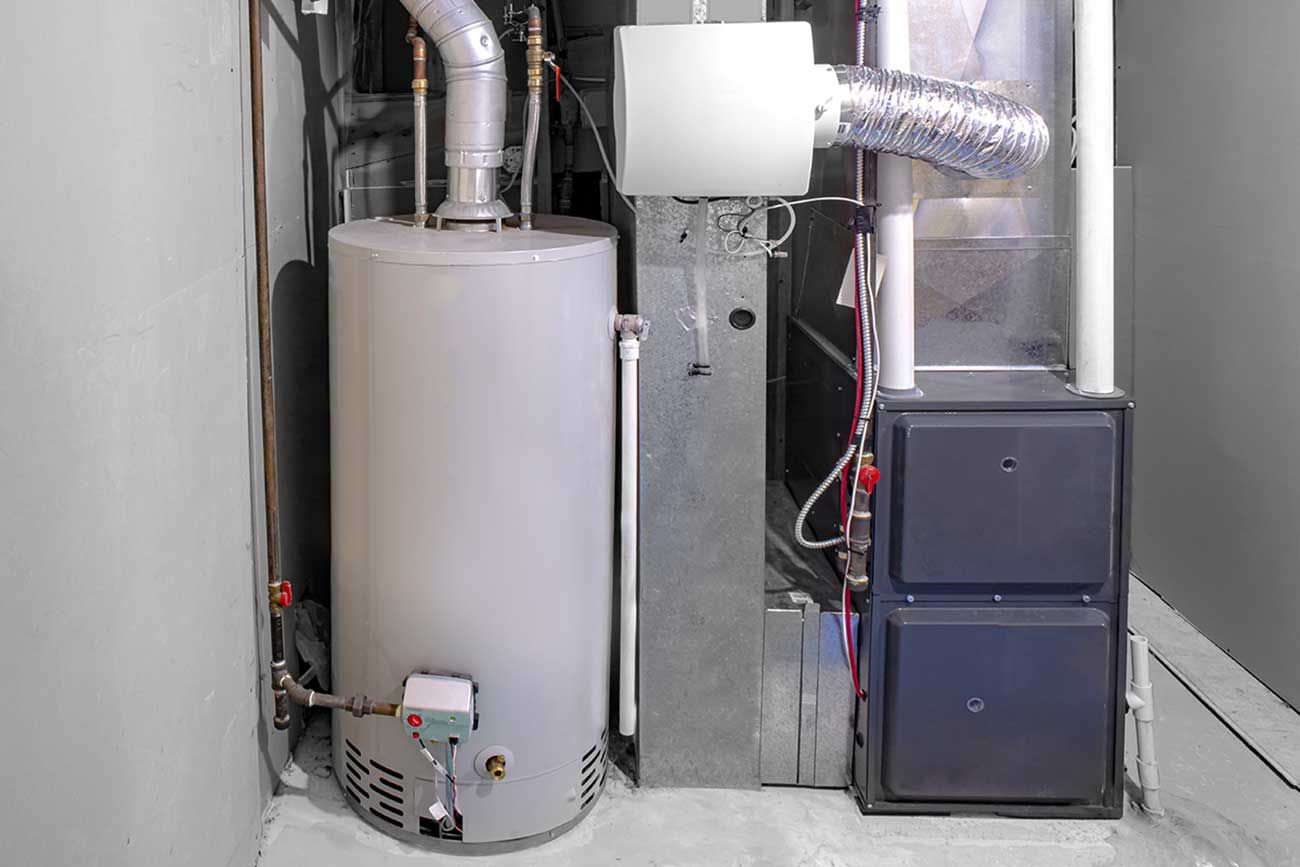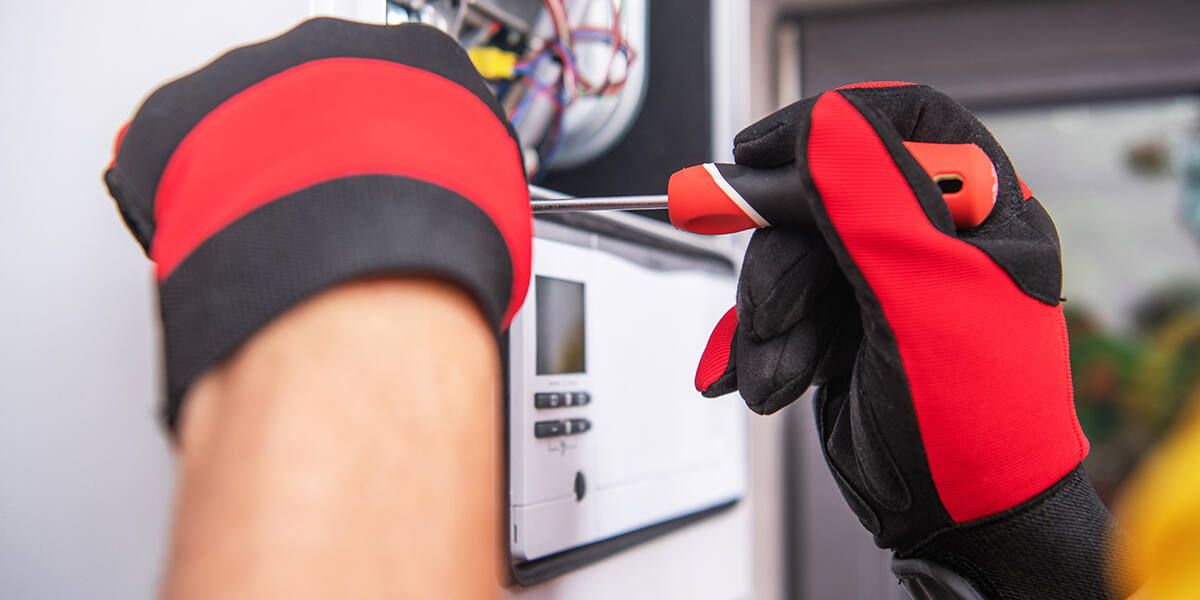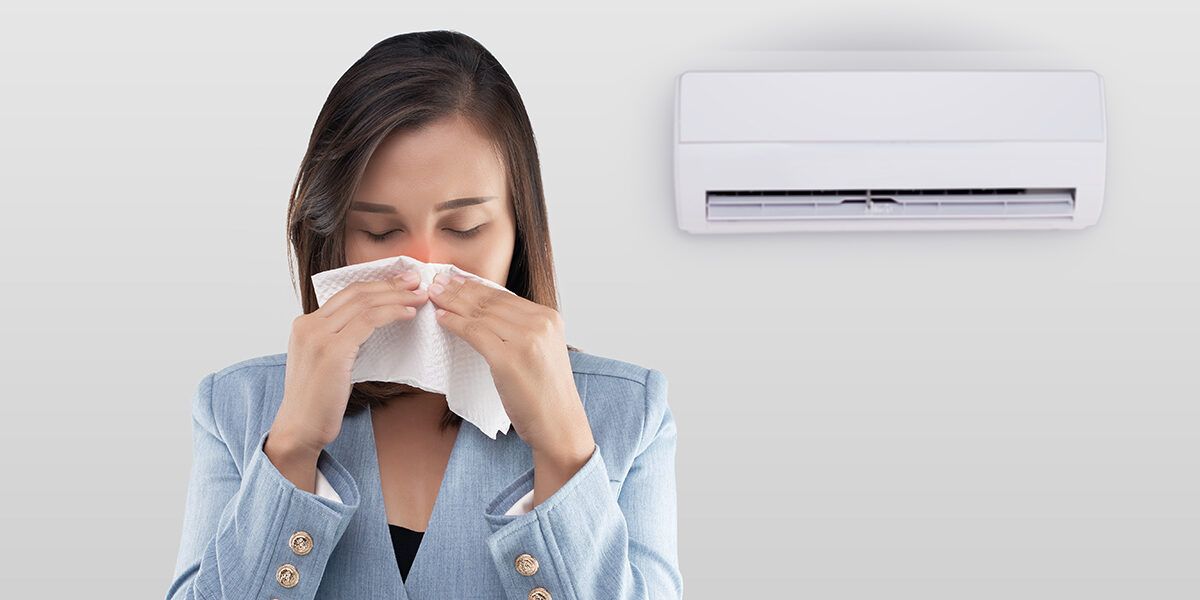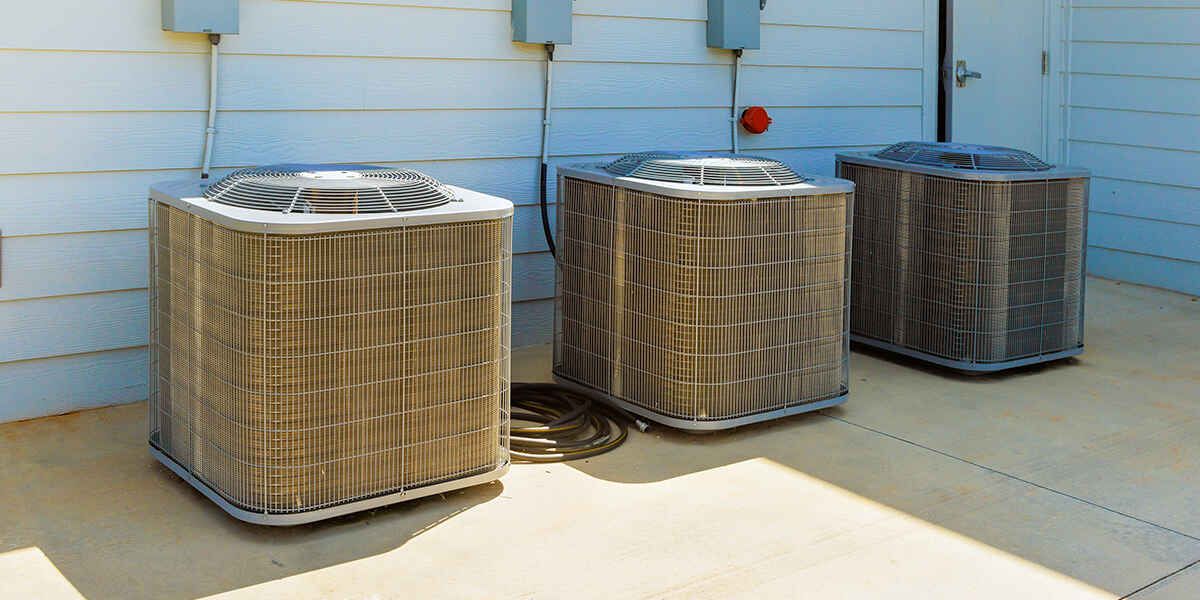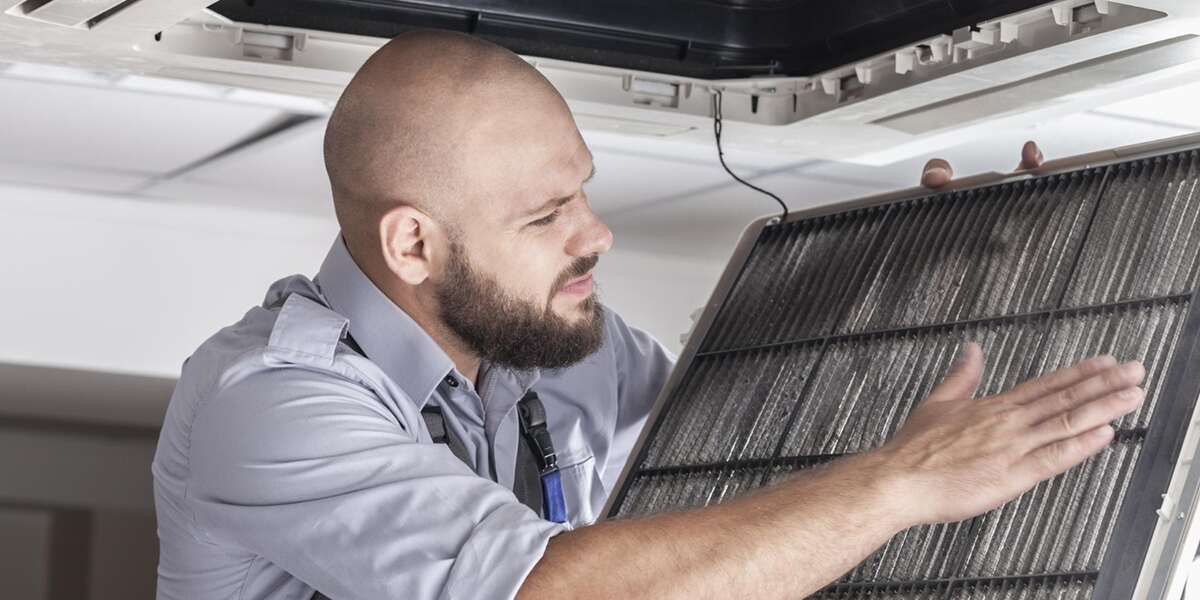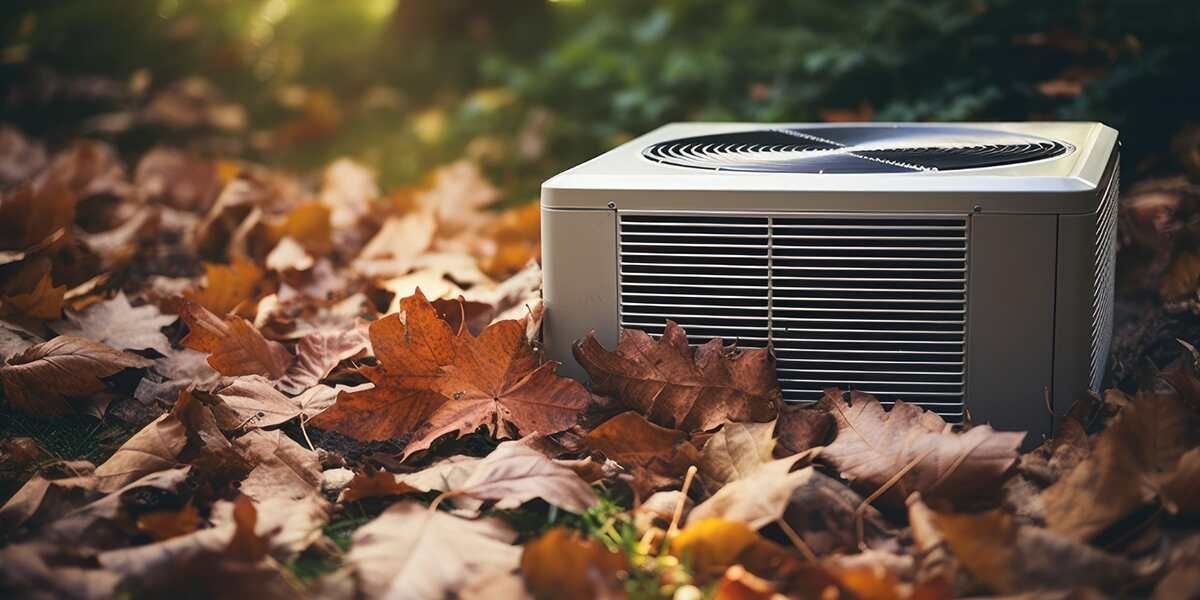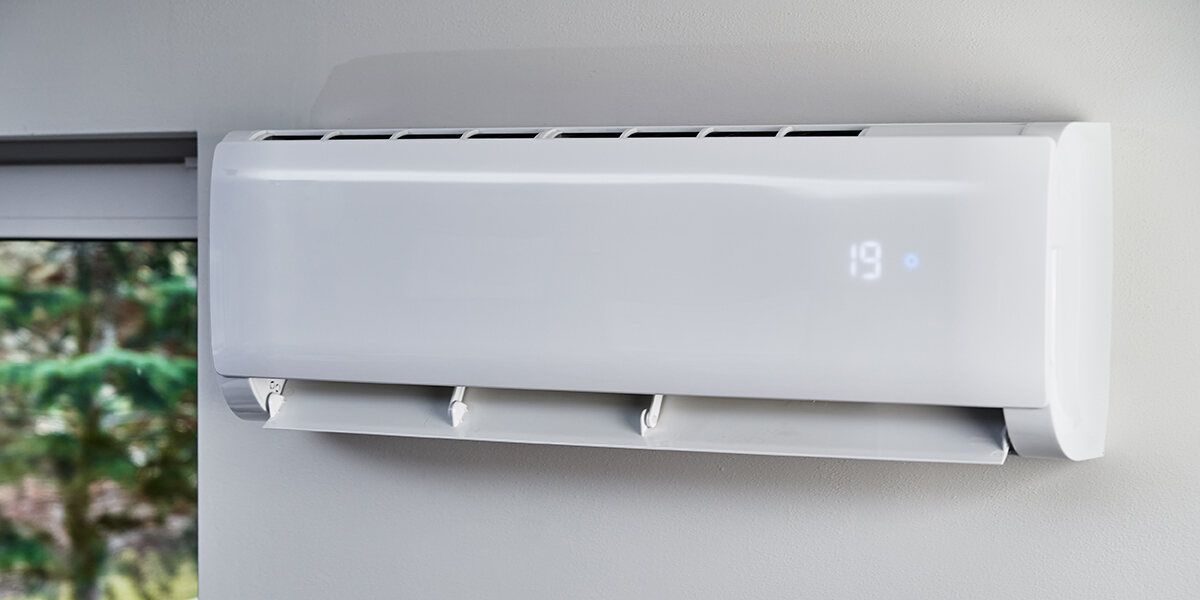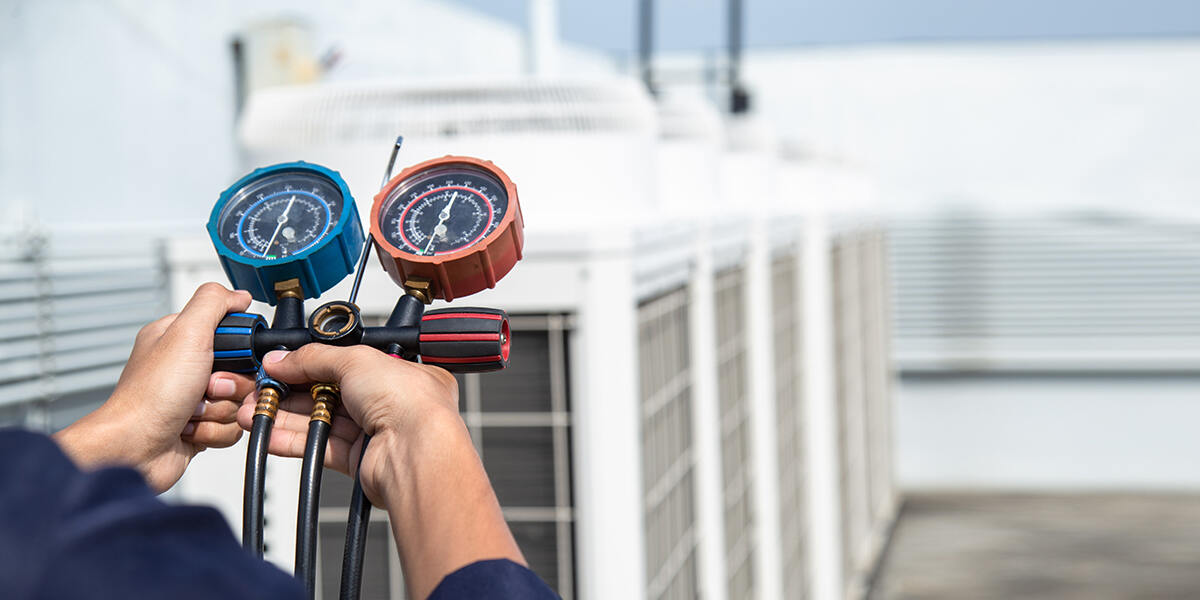Symptoms of a Bad Flame Sensor and How To Fix It
Nothing indicates the need for furnace repair in Marana, AZ, more than a bad flame sensor. How can you tell when this issue is affecting your heating system? Below, our experts at Eazy Breezy Heating & Cooling share the warning signs to watch for and troubleshooting tips.
You Notice Yellow Instead of Blue Burner Flames
Gas furnaces will emit bright blue flames to signify complete combustion. If you happen to see pale yellow flames while inspecting your system during operation, turn it off and contact a professional technician. Flame discoloration may be due to carbon buildup on the sensors, indicating a possible carbon monoxide leak.
Fixing the problem involves cleaning the sensor and checking for other carbon monoxide risks, such as a cracked heat exchanger.
The Furnace Turns On and Off Frequently
Furnace short cycling could be indicative of several common problems, including:
- Clogged air filters
- Blocked vents
- Incorrect system sizing
- Faulty thermostat
Perhaps the most serious cause of short cycling is a bad flame sensor. Make sure you schedule routine furnace maintenance to prevent these issues. During a tune-up, technicians perform sensor cleaning and maintenance so the system can complete a full heating cycle without issue.
You Experience Poor Temperature Regulation Throughout Your Home
Does your thermostat never seem to reach your desired temperature? Do some rooms feel warmer than others? If so, it may be time to inspect your furnace’s ignition system.
Shut off the furnace and then ignite the pilot light. If it quickly goes out, confirm that you have a steady flow of gas to the system and close any nearby doors or windows that may cause a draft. Barring other remedies, turn your attention to the flame sensor.
A buildup of dirt and grime on the surface may prevent it from recognizing the pilot light’s flame. If your furnace is nearing the end of its lifespan, it’s also possible that the sensor has naturally failed, as these components typically only last about 20 years.
Your Furnace Emits Harsh Odors
The main purpose of your furnace’s flame sensor is to protect your home from a dangerous gas leak. Manufacturers design these systems to open their gas valve only when the sensor detects a flame.
Natural gas may begin to waft through your home when the furnace isn’t running, which points to a dirty or malfunctioning sensor. Be mindful of any exhaust odors you smell during or after a heating cycle, and reach out to a professional for immediate intervention if you suspect a gas leak.
Restore Furnace Issues With the Trusted Experts at Eazy Breezy Heating & Cooling
Don’t let a bad flame sensor leave you in the cold. At Eazy Breezy Heating & Cooling, we provide HVAC tips and services to keep you comfortable all year long. Turn to our licensed technicians for everything from faulty gas valve detection to long-lasting furnace repairs.
We’re standing by and ready to help! Call 520-207-0334 to request immediate service.
